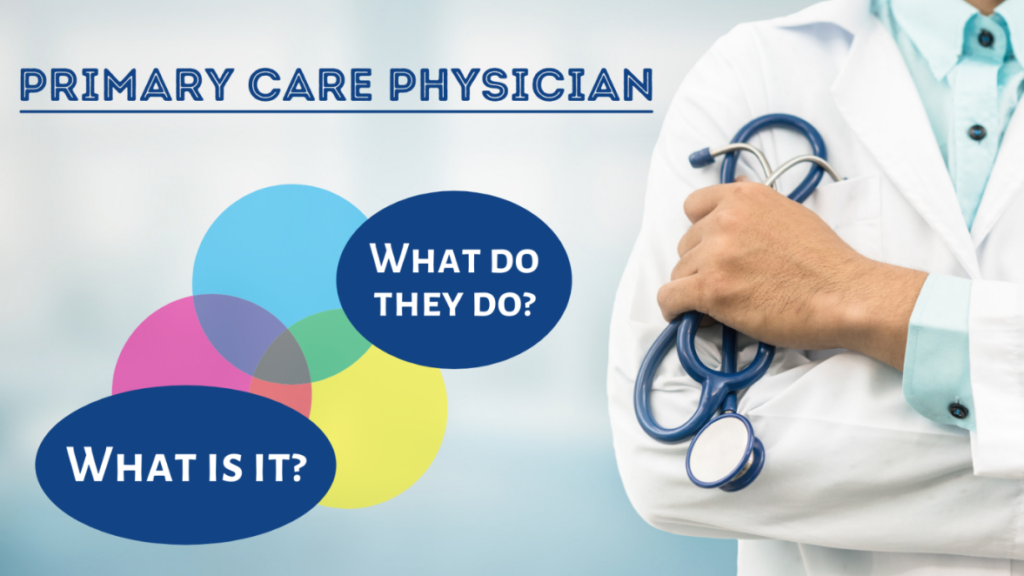As the seasons change, residents of Coachella Valley often face the challenges of cold and flu season. Understanding effective relief strategies and knowing when to seek professional care can make all the difference in your recovery.
Recognizing Cold and Flu Symptoms
While both colds and the flu share common symptoms, the flu often presents more severe manifestations. Here’s a quick comparison:
| Symptom | Cold | Flu |
| Fever | Rare | Common, often high |
| Aches | Mild | Common, can be severe |
| Fatigue | Sometimes | Common, may last weeks |
| Cough | Mild to moderate | Common, often severe |
| Congestion | Common | Sometimes |
| Sore Throat | Common | Sometimes |
Source: Coachella Valley Direct Primary Care
Effective Over-the-Counter Remedies
 Selecting the right over-the-counter (OTC) medications can alleviate discomfort:
Selecting the right over-the-counter (OTC) medications can alleviate discomfort:
- Decongestants: Relieve nasal congestion by shrinking swollen blood vessels. Use as directed to avoid rebound congestion.
- Antihistamines: Help with runny nose and sneezing. Some may cause drowsiness; consider this when planning activities.
- Cough Suppressants and Expectorants: Suppressants reduce the urge to cough, while expectorants help clear mucus. Choose based on your cough type.
- Pain Relievers/Fever Reducers: Medications like acetaminophen or ibuprofen can reduce fever and alleviate aches.
For a detailed guide, visit Coachella Valley Direct Primary Care’s blog.
Home Remedies to Complement OTC Medications
Incorporate these simple home remedies to boost your recovery:
- Stay Hydrated: Drink plenty of water, herbal teas, or clear broths.
- Rest: Allow your body the time it needs to heal.
- Use a Humidifier: Moist air can ease congestion and soothe irritated nasal passages.
- Gargle Salt Water: This can help relieve a sore throat.
When to Seek Medical Attention
While many cold and flu cases resolve on their own, certain symptoms warrant professional care:
- Prolonged Symptoms: If symptoms persist beyond 10 days.
- High Fever: Especially if it doesn’t respond to OTC medications.
- Shortness of Breath: Or difficulty breathing.
- Severe Pain: Such as intense headaches or chest pain.
 At Coachella Valley Direct Primary Care, we offer prompt appointments to address your health concerns. Our monthly membership program provides direct access to primary healthcare services, ensuring you receive personalized attention without the stress of co-pays and deductibles. Learn more about our services and how we can support your health at coachellavalleydpc.com.
At Coachella Valley Direct Primary Care, we offer prompt appointments to address your health concerns. Our monthly membership program provides direct access to primary healthcare services, ensuring you receive personalized attention without the stress of co-pays and deductibles. Learn more about our services and how we can support your health at coachellavalleydpc.com.
Frequently Asked Questions
Can I take decongestants if I have high blood pressure?
- Some decongestants can raise blood pressure. It’s advisable to consult with a healthcare provider before use.
Are OTC cold medicines safe for children?
- Many OTC medicines are not recommended for children under 6 years old. Always check the label and consult a doctor.
Can I combine different cold medicines?
- Be cautious to avoid overlapping active ingredients, such as acetaminophen, in multiple medications.
What should I do if my symptoms worsen?
- If your symptoms persist or worsen after 7–10 days, contact Coachella Valley Direct Primary Care for guidance.
Can I take cold medicine if I’m pregnant?
- Some medicines are safe during pregnancy, but it’s essential to consult your healthcare provider for advice.
Is it a cold or the flu—and when should I test or call a doctor?
- Flu tends to hit abruptly with higher fever, aches, fatigue, while colds are milder with more stuffy/runny nose. If you’re high-risk (pregnant, 65+, chronic disease) or symptoms are severe/worsening, call your clinician and consider testing.
Which OTCs actually help with congestion right now?
- Be aware: the FDA has proposed removing oral phenylephrine from the OTC monograph because evidence shows it doesn’t work for nasal congestion. Short-term topical decongestant sprays can help, but limit to 3 days to avoid rebound congestion; people with high blood pressure should be cautious with decongestants.
What’s safe for kids with colds?
- For young children, many OTC cough/cold meds aren’t recommended: under 4—don’t use; ages 4–6—use only if a clinician advises. Use fluids, rest, saline, a cool-mist humidifier, and age-appropriate fever reducers instead. Always check dosing by weight/age.
How do I avoid double-dosing acetaminophen in combo cold meds?
- Read labels: many “multi-symptom” products contain acetaminophen. Keep total adult intake ≤4,000 mg/day from all sources to reduce liver-injury risk.
Do antivirals help the flu—and what’s the timing?
- Yes—prescription antivirals (e.g., oseltamivir) work best within 48 hours of symptom start; earlier is better, especially for high-risk patients. They can shorten illness and reduce complications.
For personalized care and support during the cold and flu season, reach out to Coachella Valley Direct Primary Care. Our dedicated team is here to help you navigate your health with ease and confidence.
Note: This article is for informational purposes only and does not substitute professional medical advice.




